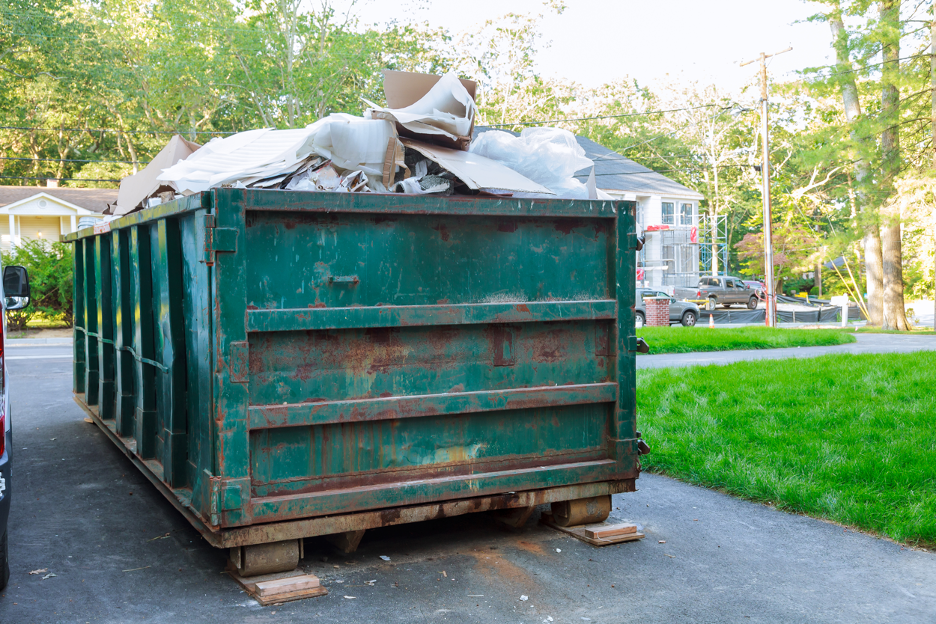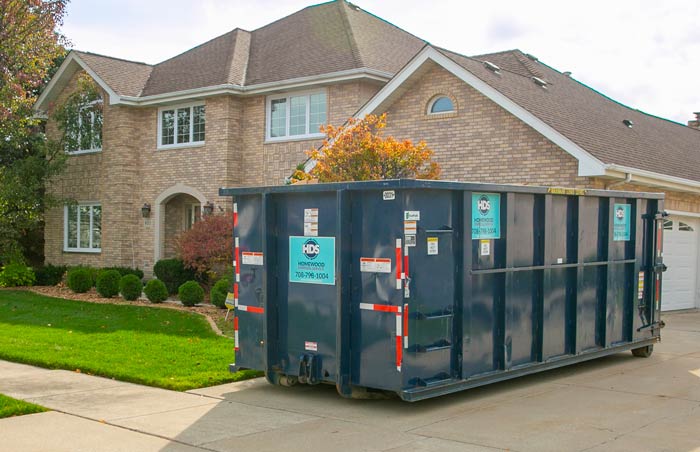In this article, we can discover how optimizing Residential Garbage Route making plans enhances waste collection, the function of era in accomplishing better performance, and the environmental and monetary advantages of streamlined waste management.

The Challenges of Traditional Waste Collection Routes
1. Inefficient Route Planning
Many waste series operations rely on old manual scheduling, which frequently results in unnecessarily lengthy routes, ignored pickups, and immoderate backtracking. This inefficiency ends in better operational charges and accelerated fuel consumption.
2. Traffic and Road Conditions
Waste series vans ought to navigate unpredictable site visitors situations, avenue closures, and weather-associated disruptions, inflicting delays and inefficiencies. Poorly planned Residential Garbage Routes can exacerbate these demanding situations.
3. High Fuel and Maintenance Costs
With fuel costs growing and car upkeep expenses increasing, waste collection offerings want to discover ways to reduce charges. Inefficient routes lead to immoderate gasoline consumption and multiplied wear and tear on garbage vehicles.
4. Environmental Impact
Traditional waste series practices make contributions to carbon emissions and pollution. Optimizing Residential Garbage Routes can notably lessen the environmental footprint of waste management operations.
5. Lack of Real-Time Monitoring
Many waste control agencies function without actual-time monitoring and facts analytics, making it hard to adapt routes dynamically primarily based on call for, climate, and site visitors conditions.
The Role of Technology in Residential Garbage Route Optimization
Technology performs a important position in modernizing waste series. By integrating clever solutions, municipalities and private waste control businesses can improve efficiency, reduce costs, and beautify provider reliability.
1. Route Optimization Software
Advanced course optimization software program uses GPS tracking, AI-driven algorithms, and real-time visitors facts to decide the most efficient Residential Garbage Route for every truck. This reduces pointless journey time, optimizes gas intake, and guarantees timely pickups.
2. GPS and Telematics Systems
GPS-enabled waste series vans offer actual-time area tracking, permitting managers to reveal fleet movement and make changes as wished. Telematics systems assist analyze motive force behavior, optimize vehicle usage, and save you pointless idling.
3. Smart Waste Bins with IoT Sensors
IoT-enabled clever bins use sensors to stumble on fill ranges, alerting waste collection teams when they need to be emptied. This reduces unnecessary pickups and ensures rubbish is collected only while required, improving normal route efficiency.
4. AI-Powered Predictive Analytics
By reading historic waste generation styles, AI-powered systems can are expecting peak series instances and alter schedules hence. This ensures that waste collection teams are deployed correctly and in reaction to actual call for.
5. Fleet Management Solutions
Fleet management software program tracks vehicle performance, protection schedules, and gasoline performance. This facilitates waste series businesses optimize truck utilization, reduce breakdowns, and amplify the lifespan of their motors.
6. Automated Dispatch and Scheduling
Automated dispatching gets rid of manual errors and guarantees that rubbish vehicles follow the most efficient Residential Garbage Route primarily based on cutting-edge situations. This reduces delays and improves service reliability.
Benefits of Optimizing Residential Garbage Routes
1. Reduced Fuel Consumption and Costs
Optimized routes reduce down on needless tour, considerably reducing gasoline intake and decreasing operational expenses. This is specifically vital as fuel fees preserve to vary.
2. Lower Carbon Emissions
By minimizing tour distances and reducing idle time, optimized Residential Garbage Routes make contributions to a decrease carbon footprint and a more environmentally pleasant waste management gadget.
3. Improved Service Reliability
Smart route planning guarantees that garbage is accumulated on time and efficiently, improving service reliability for citizens and organizations. Missed pickups and delays are significantly reduced.
4. Better Resource Allocation
Route optimization permits waste management agencies to set up their personnel and fleet greater efficaciously, making sure that sources are used correctly without unnecessary expenditure.
5. Enhanced Customer Satisfaction
When waste is collected in a timely and green manner, residents experience fewer inconveniences associated with overflowing bins and delayed pickups, leading to better delight degrees.
6. Compliance with Regulations
Governments and regulatory our bodies are increasingly more enforcing waste series efficiency requirements. Optimized routes help waste control organizations comply with those guidelines whilst maintaining cost-powerful operations.
Implementing Residential Garbage Route Optimization: Steps to Success
1. Data Collection and Analysis
Gathering facts on waste technology styles, traffic conditions, and series schedules is step one in optimizing Residential Garbage Routes. This data paperwork the muse for wise direction making plans.
2. Integration of Smart Technologies
Deploying GPS tracking, telematics, and IoT-enabled smart bins enhances visibility and control over waste series operations, making sure records-driven choice-making.
3. Utilizing AI and Machine Learning
AI-powered analytics assist are expecting future waste collection needs, allowing waste control groups to proactively alter their routes and schedules.
4. Dynamic Routing Systems
Implementing dynamic routing ensures that rubbish vehicles can alter routes in real-time based totally on unexpected changes, which include road closures, site visitors congestion, or excessive climate situations.
5. Training and Workforce Optimization
Providing schooling for drivers and dispatchers on new technology and quality practices guarantees that waste collection operations run smoothly and successfully.
6. Monitoring and Continuous Improvement
Regularly analyzing overall performance metrics and making vital changes to routes, schedules, and fleet usage guarantees ongoing optimization and efficiency.
The Future of Waste Collection Efficiency
The destiny of waste control is more and more statistics-pushed, with clever technologies gambling a imperative function in improving performance, lowering charges, and minimizing environmental effect. Advancements in AI, IoT, and automation will maintain to refine waste series processes, making them extra sustainable and powerful.
One of the key technologies shaping the destiny of waste control is Waste Weighing Software. This revolutionary answer lets in rubbish vehicles to weigh waste at the factor of series, supplying accurate records on waste technology, tracking disposal tendencies, and optimizing course planning. By integrating Waste Weighing Software with Residential Garbage Route optimization, waste management agencies can similarly improve operational performance and promote sustainable waste disposal practices.

Conclusion
Optimizing Residential Garbage Routes is crucial for enhancing waste collection efficiency, reducing operational expenses, and minimizing environmental effect. By leveraging smart technology including course optimization software, AI-pushed analytics, and IoT-enabled clever bins, waste management organizations can enhance service reliability and customer pleasure. Additionally, integrating Waste Weighing Software permits better waste monitoring and records-driven decision-making, making sure a extra efficient and sustainable waste control system for the destiny. As generation continues to adapt, adopting innovative solutions could be key to developing cleanser and greener groups.